Trending Now - SpaceX Could Make Transatlantic Commercial Flights In Just Half An Hour Possible By 2030, Investors Claim
Futurists have long predicted exciting technological changes that would revolutionize society; from flying cars, robot assistants and all-in-one food pills. But while technology has indeed changed our lives beyond our wildest dreams, it seems mainly to have been concentrated in areas like convenience, communication and online connectivity. Now we can have everything we could possibly desire brought to our doorsteps, whilst we take bunny-ear-filtered selfies and argue about meaningless topics on social media.
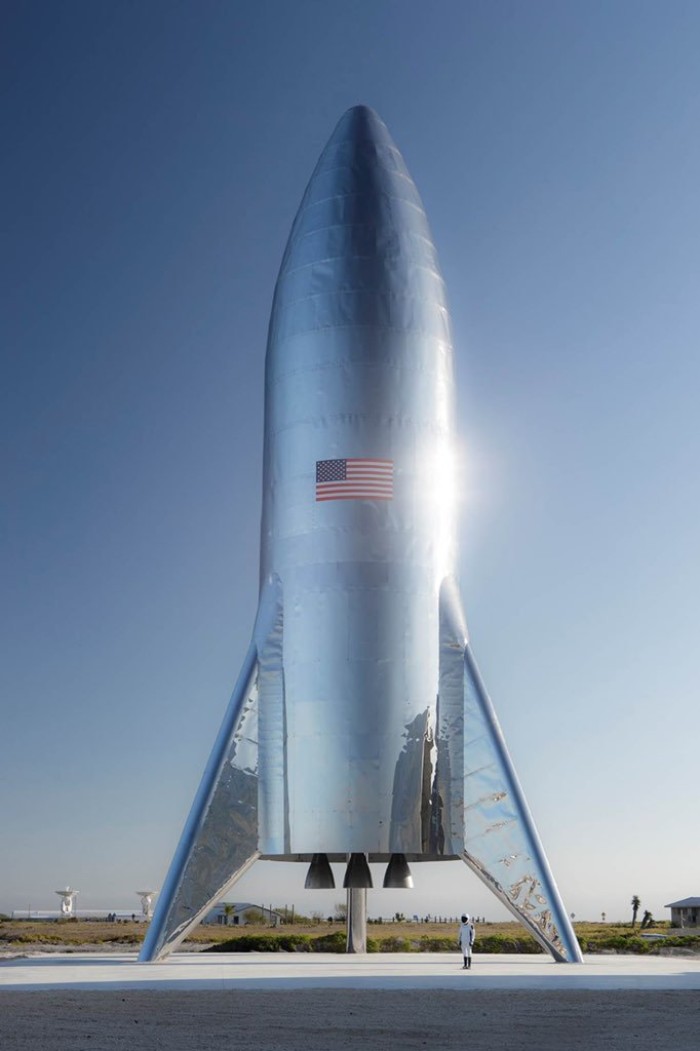
Still, there are some people that dream big and give us tantalizing glimpses of genuine technological wonders, things that would really shake things up and make the world a better place. Elon Musk is probably the best known of these people. The South African entrepreneur is the founder and lead designer of SpaceX; co-founder and CEO of Tesla, Inc. and was chairman of SolarCity. According to Forbes, he has a net worth of around 21 Billion dollars.
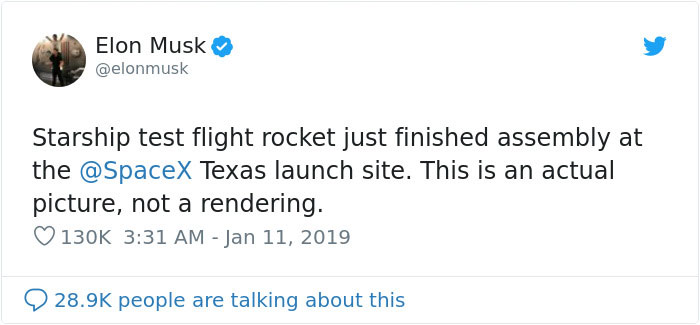
Image credits: elonmusk
But while his Tesla and SolarCity projects promise a greener, cleaner and more sustainable future, these companies appear to be bogged down with lawsuits and other issues. SpaceX, however, seems to be going from strength to strength, with a series of successful launches placing it at the forefront of space travel and exploration in the 21st century.

The latest sensationalist headlines around the company focus on the ‘suggestions’ of UBS, a Swiss investment company that believes that long-haul flights will be made obsolete by SpaceX’s 18,000mph Starship rocket, due to make its first manned flight in 2023. Jarrod Castle and Myles Walton, financial analysts with UBS, said: “Although some might view the potential to use space to service the long-haul travel market as science fiction, we think there is a large market.”

Image credits: elonmusk
“While space tourism is still at a nascent phase, we think that as technology becomes proven, and the cost falls due to technology and competition, space tourism will become more mainstream.”
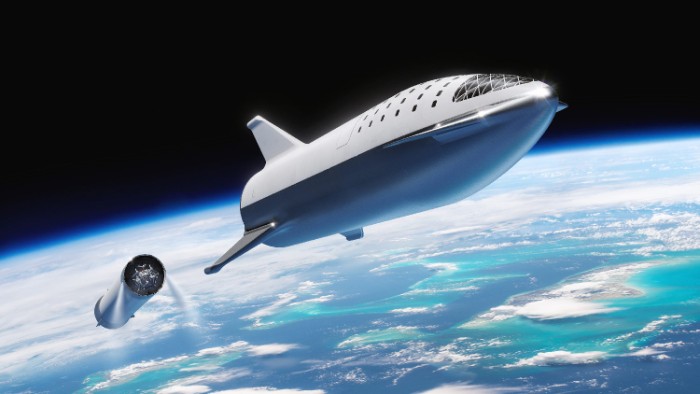
Image credits: SpaceX
While Starship is envisaged to carry humans to the moon and Mars, these guys from UBS speculated that the biggest potential for the rocket lies in replacing long-haul travel on Earth. By 2030, 20-hour slogs from London to Sydney will instead be a quick blast to the edge of space and back again, slashing the travel time to less than an hour. Somehow they managed to come up with the remarkably precise figure of 29 minutes for the London to New York leg. SpaceX themselves have not made any plans or claims regarding this kind of Earth-based travel.
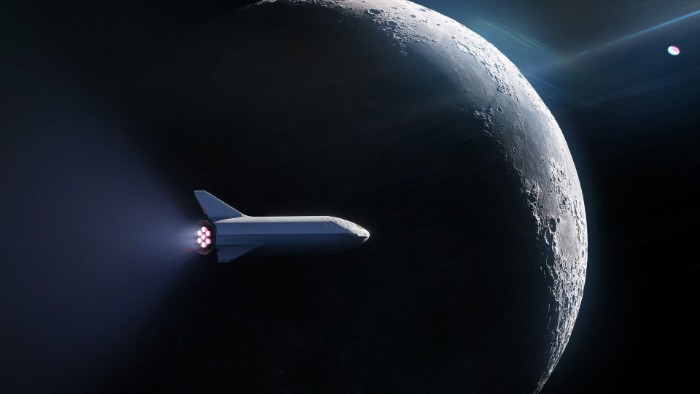
Image credits: SpaceX
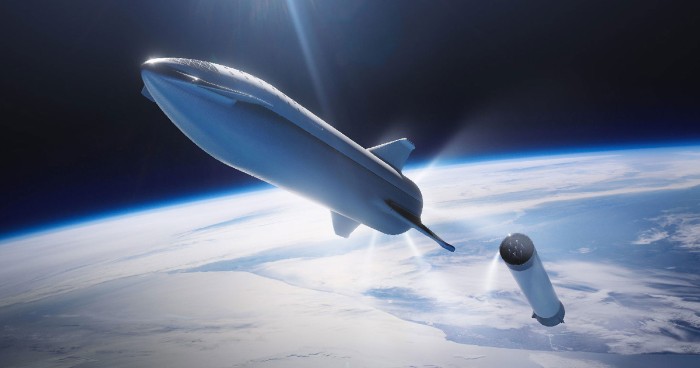
Image credits: SpaceX
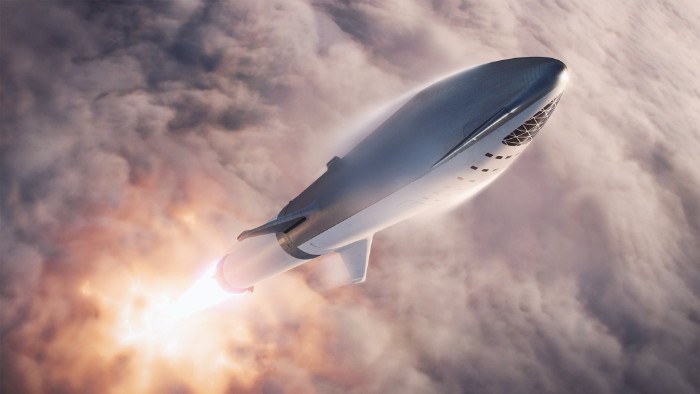
Image credits: elonmusk
Starship is designed to carry only 100 passengers, so these imaginary flights are most likely going to be accessible only for the uber-wealthy, while the rest of us continue with our Netflix marathons while flying economy on a normal plane.
Continuing their wild speculation spree, the financial analysts said that space tourism to Mars and other planets will also become a reality with hotels queuing up to build rooms in space stations.
They also believe that the wider space industry, which is currently worth around $400bn billion today, will be worth $800 billion by 2030. We will believe it when we see it. Now, where did I leave my hoverboard…
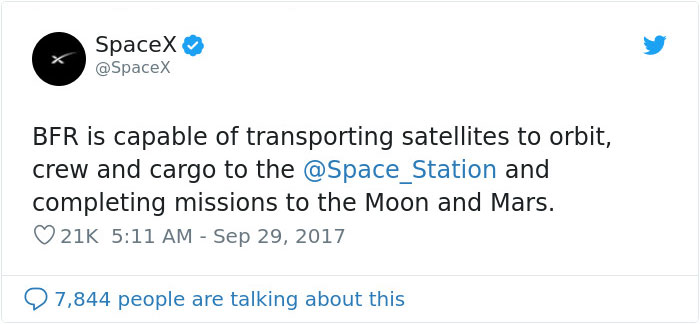
Image credits: SpaceX
Personally, I’d rather see Mr. Musk continue to invest in his sustainability projects that could actually make a difference to the health of our planet, rather than flying businessmen quickly and easily between Shanghai and New York. But kudos to him for pushing the boundaries of human endeavor and imagination. Perhaps, thanks to him, we will all be able to pack our bags and move to Mars one day, once we have finally trashed our own planet for good.
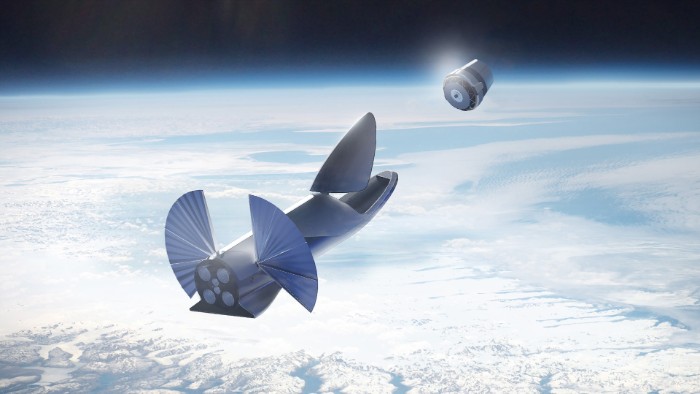
Image credits: SpaceX
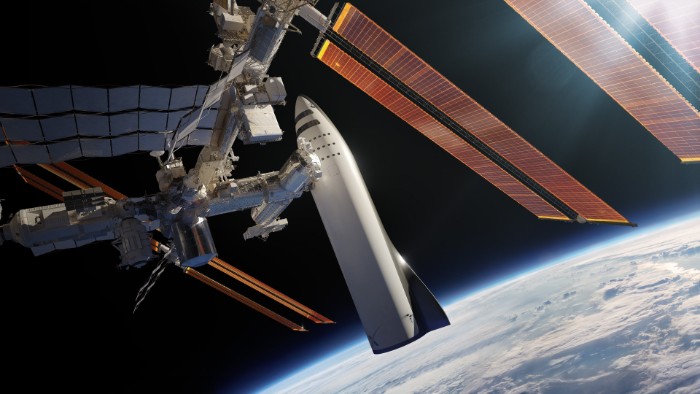
Image credits: SpaceX
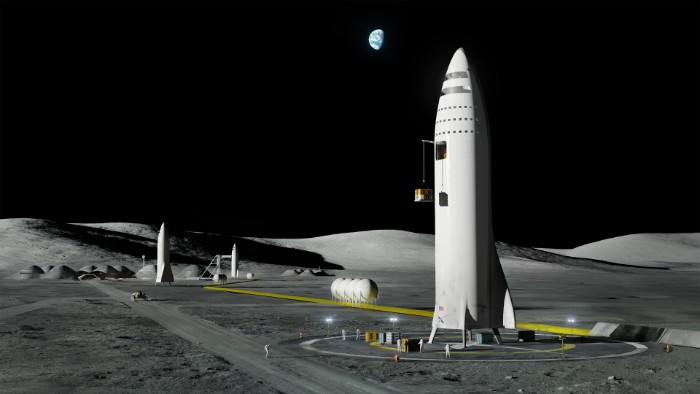
Image credits: SpaceX

Image credits: SpaceX
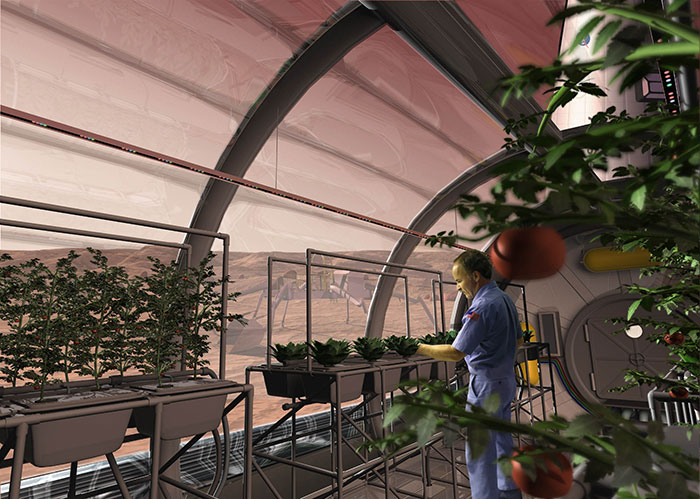
Image credits: NASA
Here’s what people had to say about the financial experts’ predictions










































